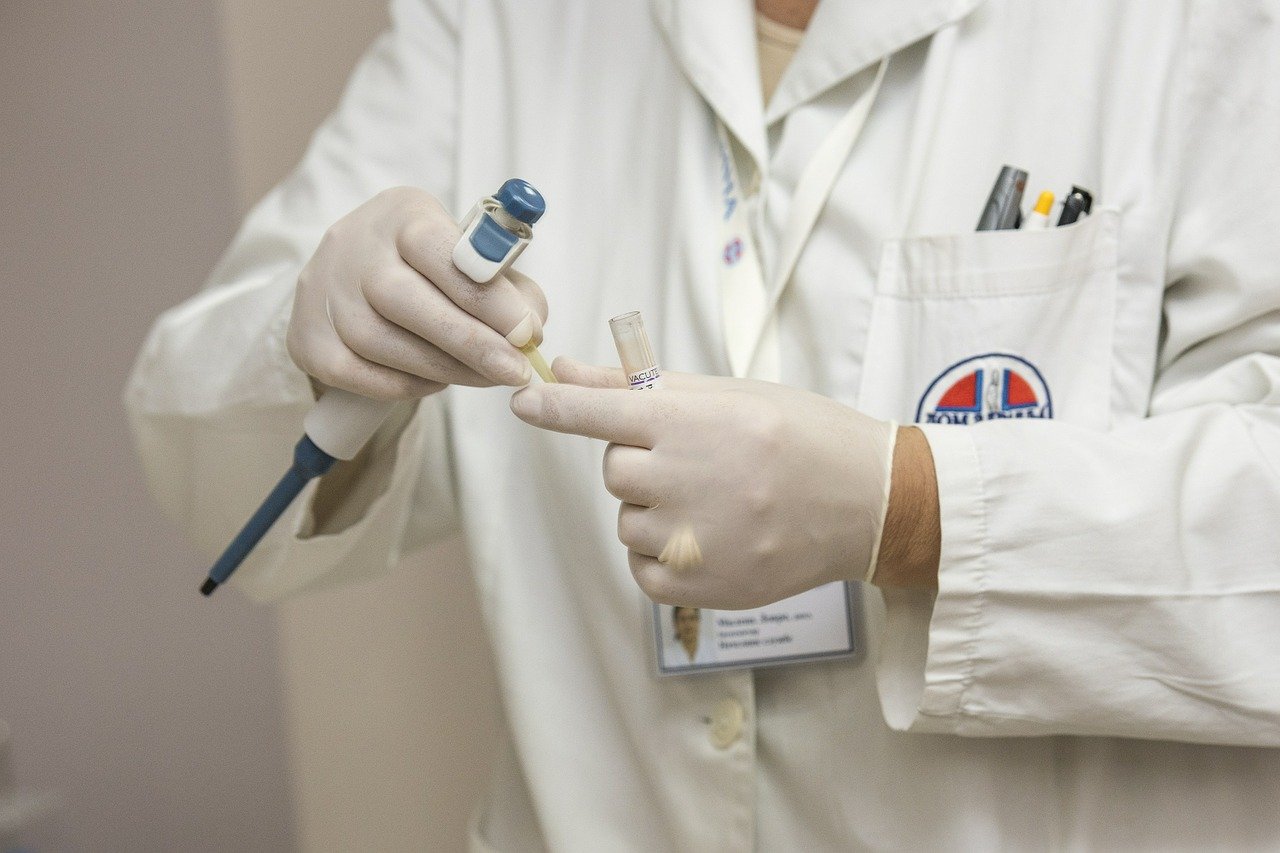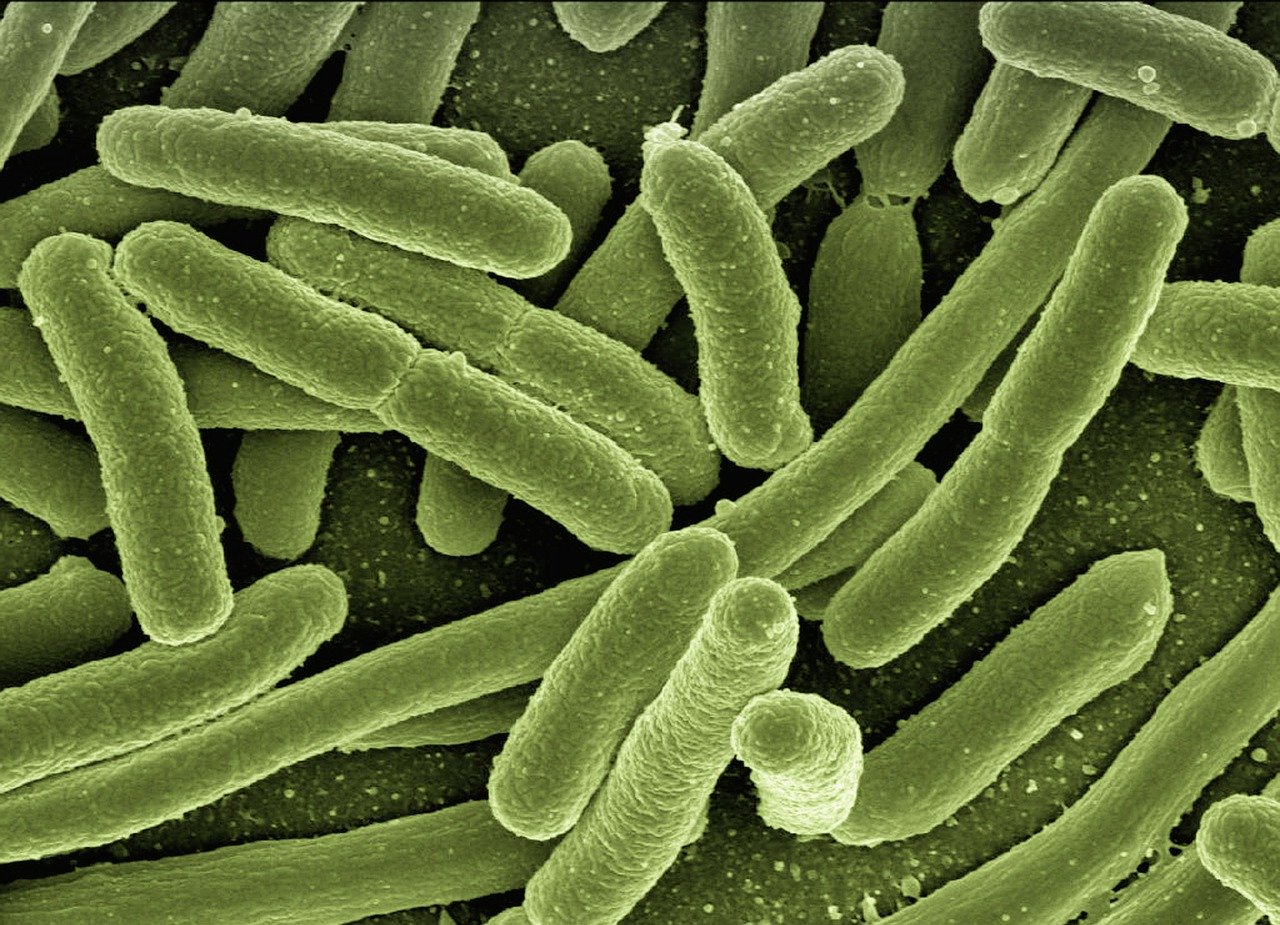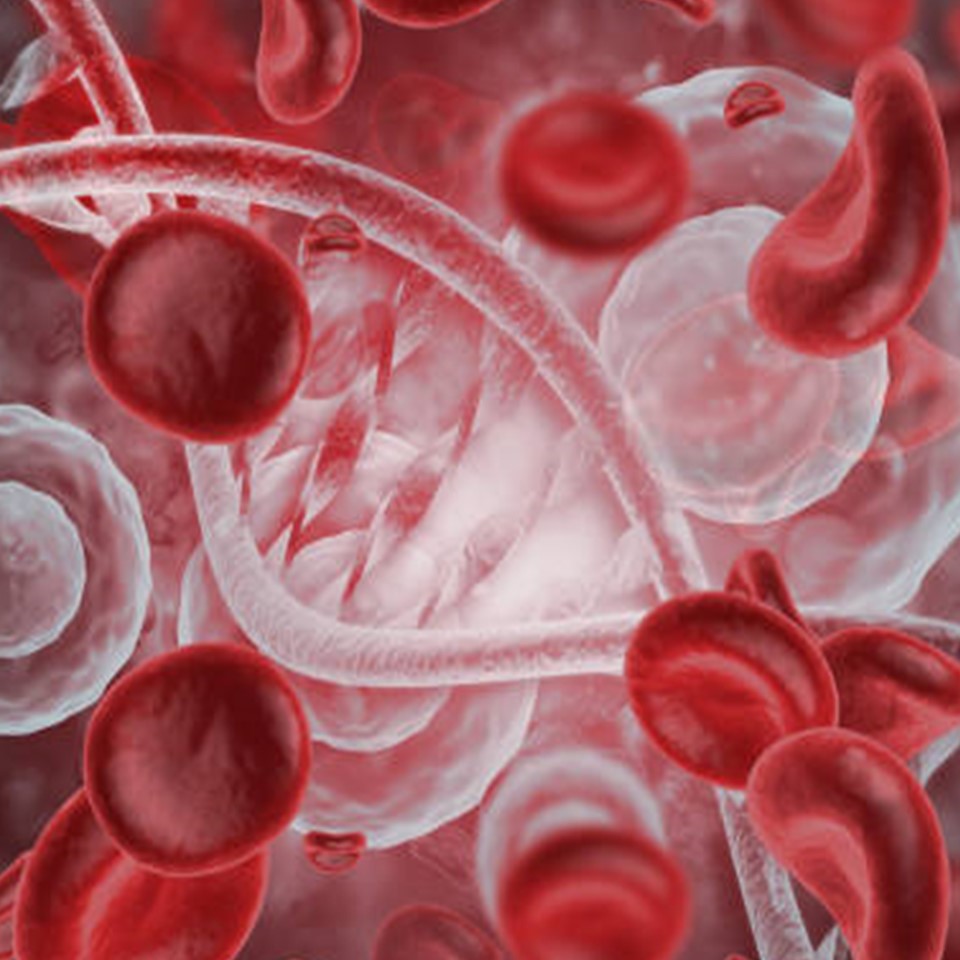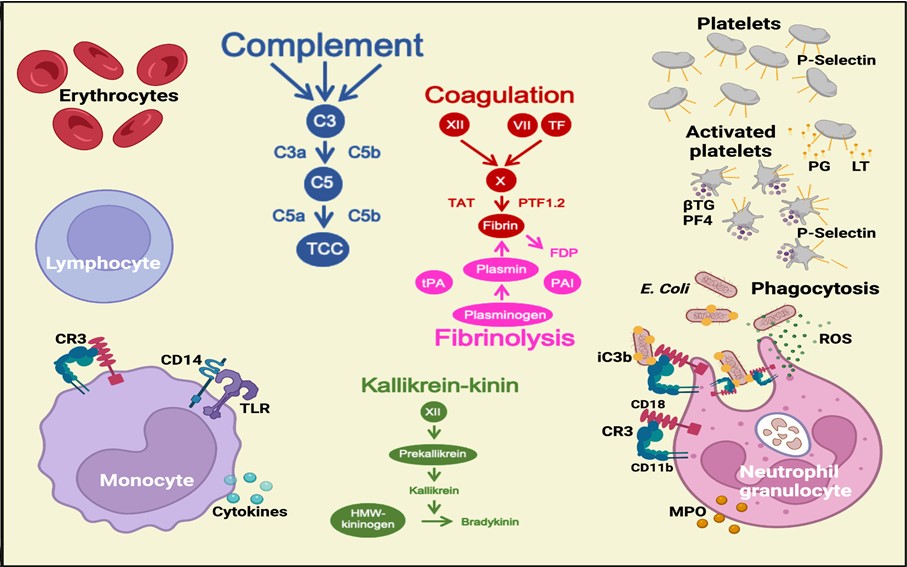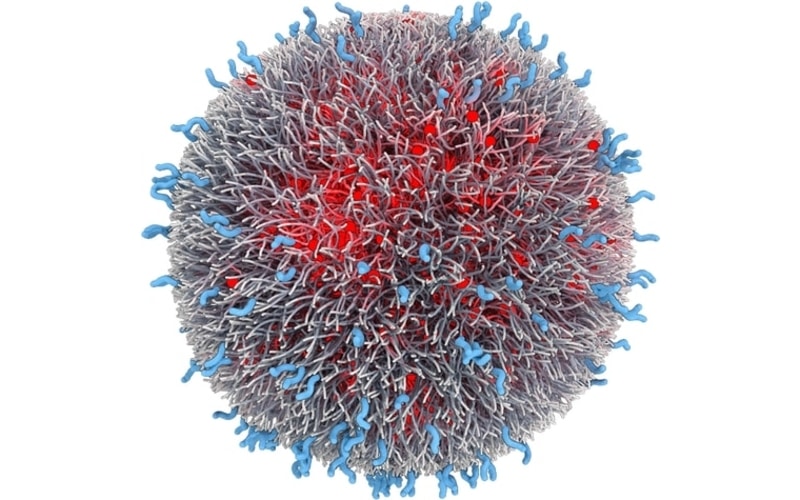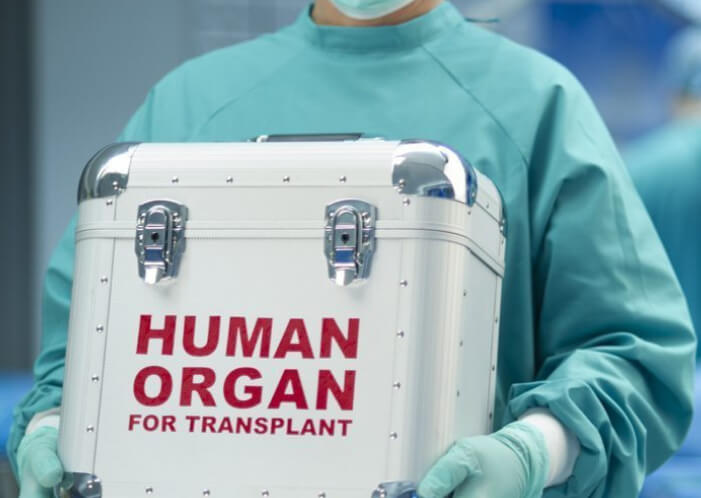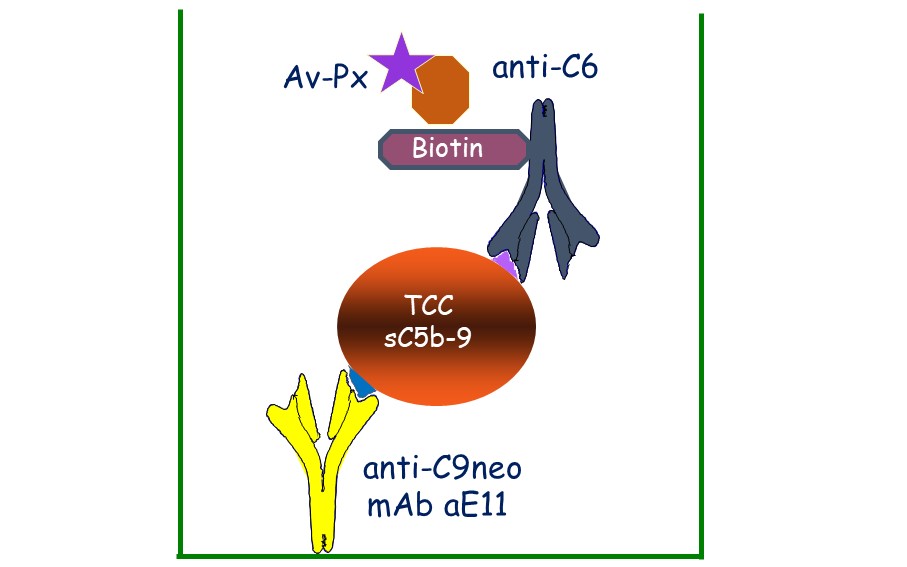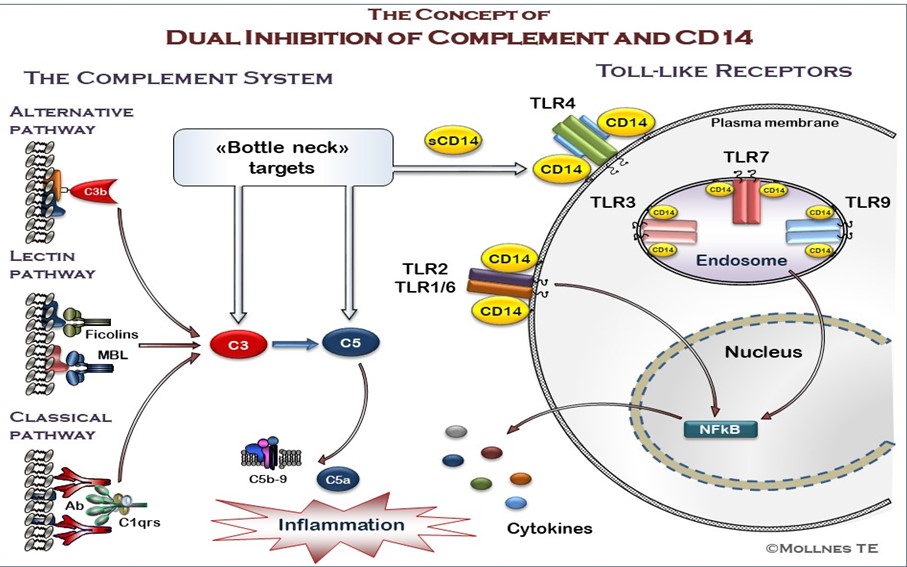

Mollnes, Tom Eirik
Professor at University of Oslo
Both Bodø and Oslo
Education: MD, PhD
E-mail: t.e.mollnes[at]gmail.com
Focus: The role of complement in human disease.
- Topic Leader in:
- Role of Complement in Human Disease
Bio
Born June 17, 1956. MD Bergen 1981. PhD Oslo 1985. Specialist Immunology and Transfusion Medicine 1990. Senior consultant/senior Researcher at Nordland Hospital Trust, Bodø since 1990.Professor at University of Oslo since 2001. Publications and supervision: >600 publications on PubMed. Supervised 24 PhDs as main mentor. Honorary positions and prises: President of the European Complement Network 2013-2017. Honorary Doctorate, University of Copenhagen 2022. European Complement Network Gold Medal 2022. Copenhagen Rigshospitalet International KFG-price 2017. Medinnova Idea Price 2006, Norwegian Region North Research Price 2006.
Project description:
The main achievements obtained in scientific contribution to the field of complement, is the basis for the project “Complement in human disease”, with emphasize on
1) Development of a principally new methodology for detection of activation of the complement system, led to a paradigm shift in methods used for complement research. The design of the mAb-based neoepitope TCC assay (PhD 1985) was crucial. Using this new platform it was shown that the complement system is not only beneficial in the host defense, but when over-activated turned to be the body’s worst enemy, like in sepsis. Here, this immune over-activation leads to the death of a patient, and not of the bacteria per se.
2) Further, the research characterized the important link between the complement system and another innate immune branch – the Toll-like receptors, and lead to the hypothesis of the dual blocked of complement (C3/C5) and the CD14 TLR co-receptor. Blockade of these two systems was a cutting edge discovery, showing that the inflammation contributing to a number of diseases, including infection and sepsis, trauma and cardiovascular diseases could be substantially reduced and the conditions improved in several animal models.
3) Currently, the research focus is on the implementation of these drugs and strategies to treat patients in the clinic with the aim of reducing morbidity and mortality.
